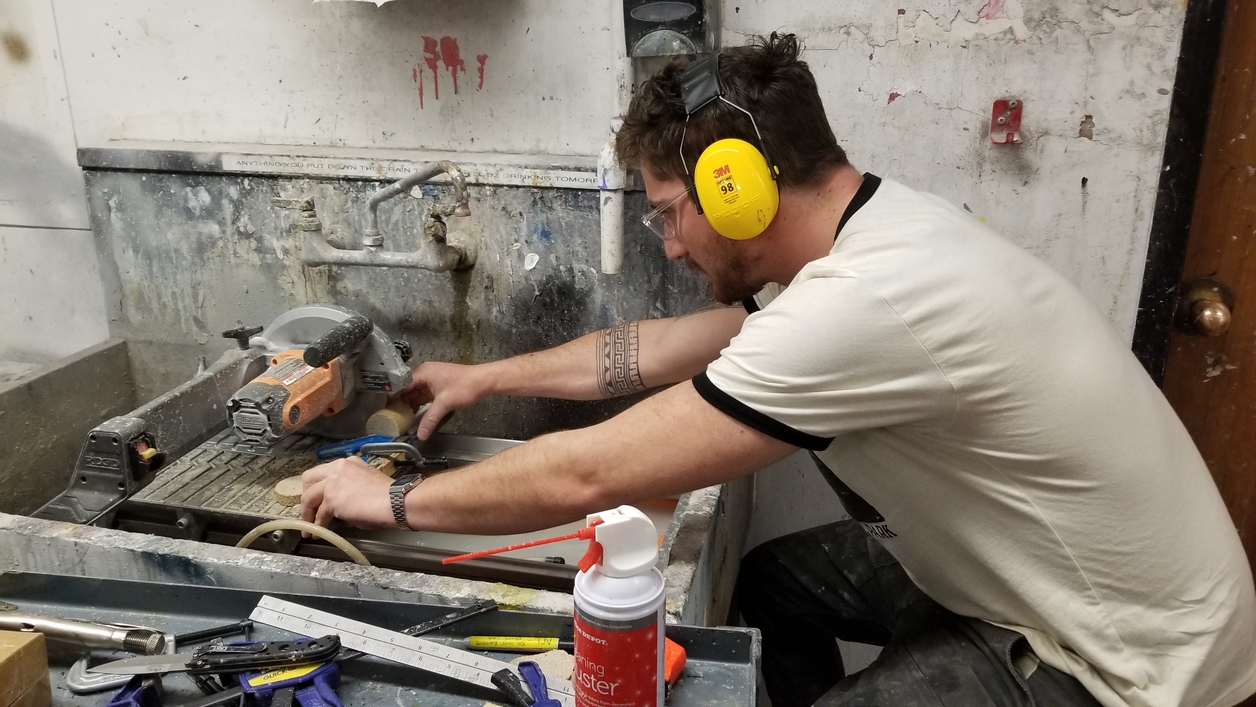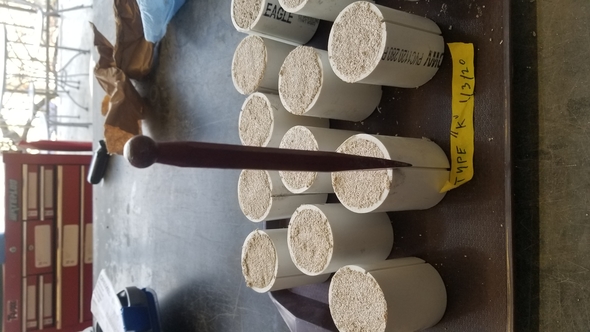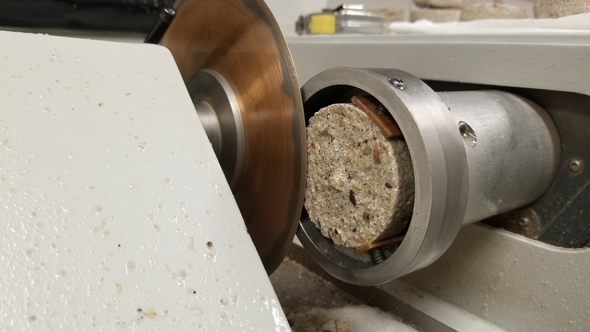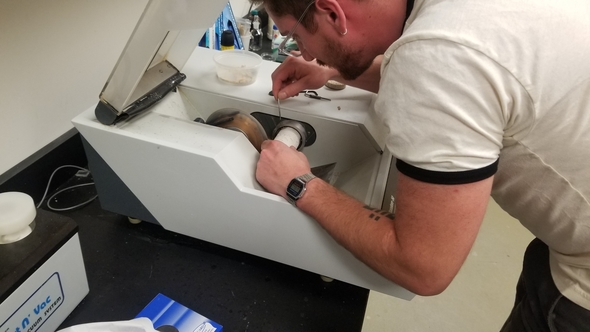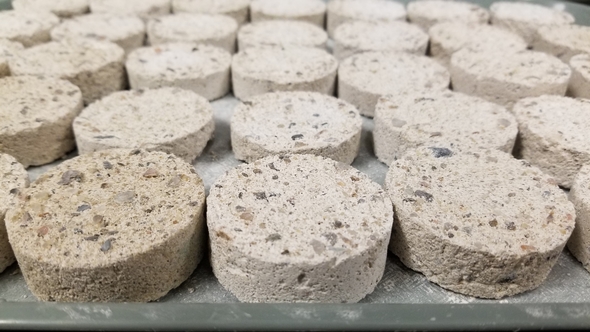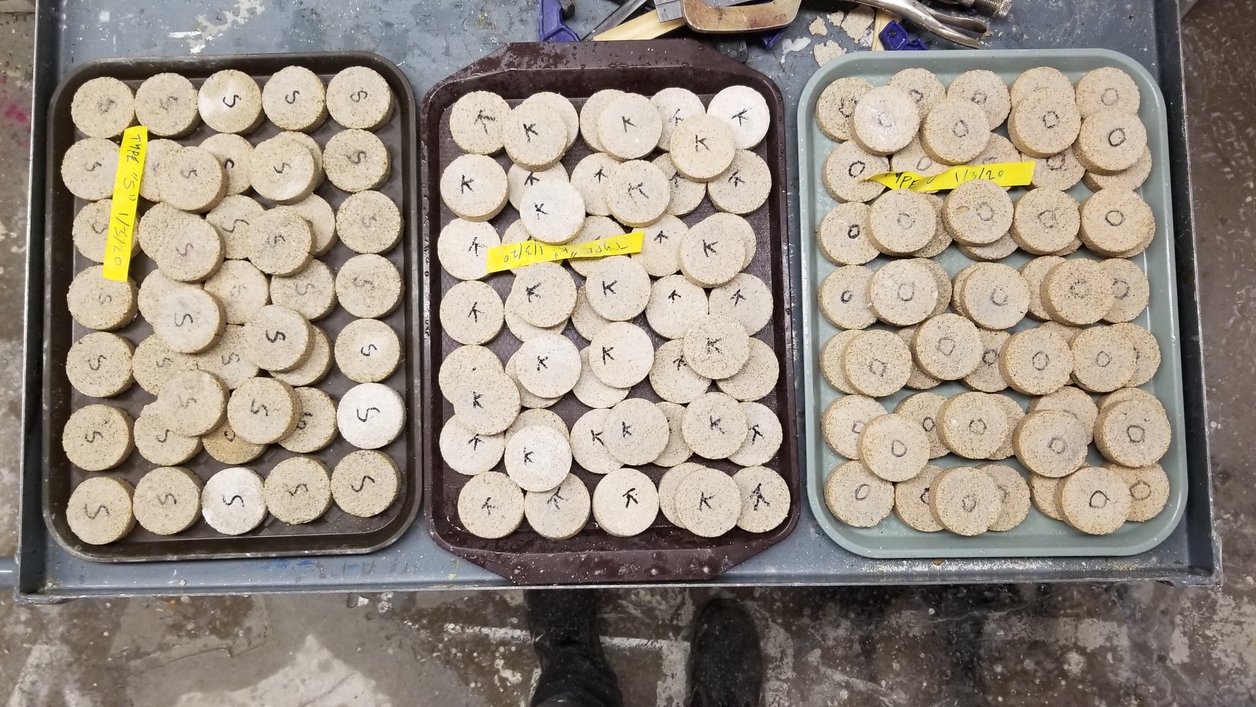Thesis: Joseph R. Bacci
Influence of Heat and Water on Historic and Replacement Mortars
Inspired by the devastating fire of the Notre Dame cathedral, this thesis investigates the mechanical strengths of historic and replacement mortars after exposure to fire-level amounts of heat and subsequent quenching by water during suppression. This research is predicated on the hypothesis that high temperatures from fire followed by quenching can affect the mechanical properties of mortars in ways that compromise their original structural performance and compatibility with architectural masonry. The ASTM D3967-08 Standard Test Method for Splitting Tensile Strength of Intact Rock Core Specimens is carried out on six different mortar types: a dry hydrated lime-based mortar; modern NHL 3.5 and 5 mortars; and types S, O, & K Portland cement-lime mortars. Tensile strength testing is conducted on cohorts of samples that are subject to solely extreme heat, solely saturation with water, both extreme heat and subsequent saturation, and unaffected control samples. In doing so, this thesis answers three specific questions. The first, is determining which formulation responds best to heat and water, i.e., to what degree do they retain their initial strengths? For the historic lime formulation, to what degree of degradation result from exposure to heat and water? Finally, which formulations are best suited as repointing or bedding mortars for masonry exposed to fire? These test results will help professionals to understand any changes in the mechanical properties of mortars under such conditions to aid in modeling the stability of masonry structures after exposure to fire.


